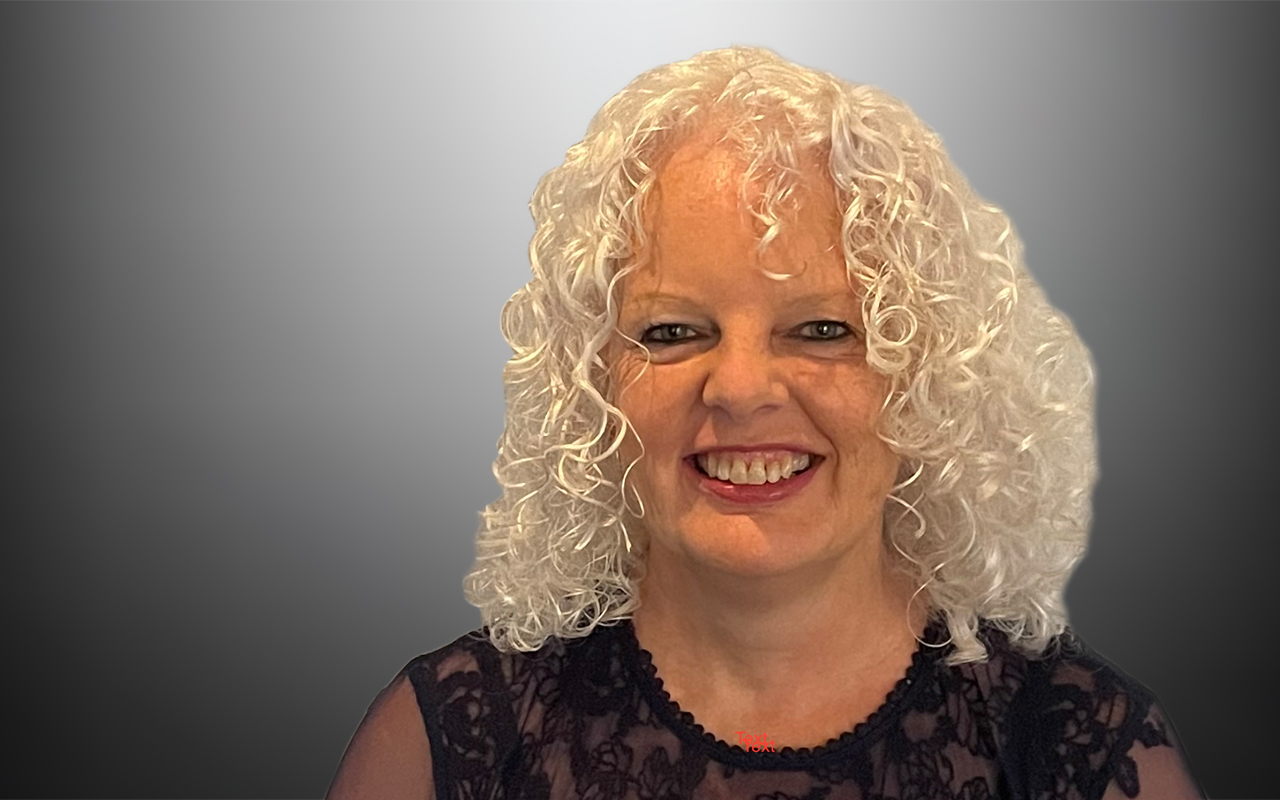RECENTLY, the BMJ’s Editor-in-Chief encouraged doctors to “catalyse the patient revolution”. The “patient revolution” refers to the demand by health consumers for care that truly centres their needs. The final words in the editorial were powerful:
“If the patient revolution is to be accelerated, health professionals must be the catalyst.”
It was written in response to an article calling for doctors to consider the language they use, highlighting that much of the routine language of clinical care is disempowering and offensive to patients. Examples included “presenting complaint”, which may portray the patient as a complainer; “denies chest pain” and “claims severe pain”, which imply questionable truth. Alternative terms of “reason for attendance”, “reports no pain” and “reports severe pain” were proposed.
Words matter and our words must show respect for the people for whom we care.
Our words must also convey the partnership of care. Frustrated when treatment doesn’t have the expected outcome, doctors may blame the patient. “Compliance” is questioned, with the implication that the disobedient patient didn’t follow the doctor’s orders.
“Compliance” is probably better reserved for legal settings. In the clinic, “adherence” is the preferred language – adherence to the treatment plan developed in partnership, rather than compliance with the doctor’s orders.
The BMJ now has patient editors and patient reviewers for its articles. It encourages authors to consult with consumer representatives to develop their papers and it accepts patient perspective pieces.
This reminded me of an experience I had a few years ago. A patient who had an uncommon clinical condition had been to see several doctors over many months before getting a diagnosis and appropriate treatment. She asked me to help other doctors learn about the condition so that it would be recognised if others presented with the same illness.
Together, we wrote an article intended for a peer-reviewed journal. I wrote a clinical update outlining the presentation and management of the condition, and she wrote her story – what it felt like to have the condition and why learning about it was important for GPs.
When we submitted them, they were promptly rejected with a comment that the journal was for science and evidence-based medicine, not the place for a patient’s personal perspective. There was an offer to consider publication if it was rewritten by me, the doctor, as a case study.
Explaining to my patient co-author that the journal was more interested in my description of her experience than hers was challenging indeed. After all, it was her project, her idea and her lived experience. We did get our paper published, albeit in a different format. In fairness to the journal, there is no section to classify patient stories. This needs to change.
I considered how valuable it would be if every clinical article were accompanied by a story about what it was like to live with the condition and what the patient priorities are for treatment and research.
NSW Health is acknowledging the importance of the patient experience with its program “Elevating the human experience”. Recently, Patient Experience Week was celebrated with the theme “The power of storytelling”. Health care workers were encouraged to attend and host events and to consider how we can serve our patients better by listening to their experiences. Care Opinion, an interactive website supported by NSW health is available for patient experiences, good or bad, to be shared and responded to.
The perception that patient narratives are “unscientific” and “anecdotal” must change if this model is to be embraced. As scientists trained in the provision of evidence-based medicine, it can be difficult to know where the individual patient story fits. However, if the patient narrative is viewed as crucial data that need to be considered in the development of the collaborative treatment plan, it is easy to incorporate it into the data equation.
There is much work to be done in the quest for genuine patient-centred care. Individual doctors have been quietly providing excellent care, one-on-one since the early days of the profession. The barriers that large institutions (impersonal by design) and intense time pressures place on clinicians make close listening and honouring the patient narrative challenging even when the intention is strong.
The small steps to bring change have been taken. Now we need to run. Embrace “the patient revolution”.
Associate Professor Meagan Brennan is a breast physician and researcher at the School of Medicine, The University of Notre Dame Australia and the Westmead Clinical School, The University of Sydney.
The statements or opinions expressed in this article reflect the views of the authors and do not necessarily represent the official policy of the AMA, the MJA or InSight+ unless so stated.
Subscribe to the free InSight+ weekly newsletter here. It is available to all readers, not just registered medical practitioners.
If you would like to submit an article for consideration, send a Word version to mjainsight-editor@ampco.com.au.

 more_vert
more_vert
Great food for thought: thank-you.
What are presenting symptoms of an illness, if not a patient’s personal perspective?
Well said.